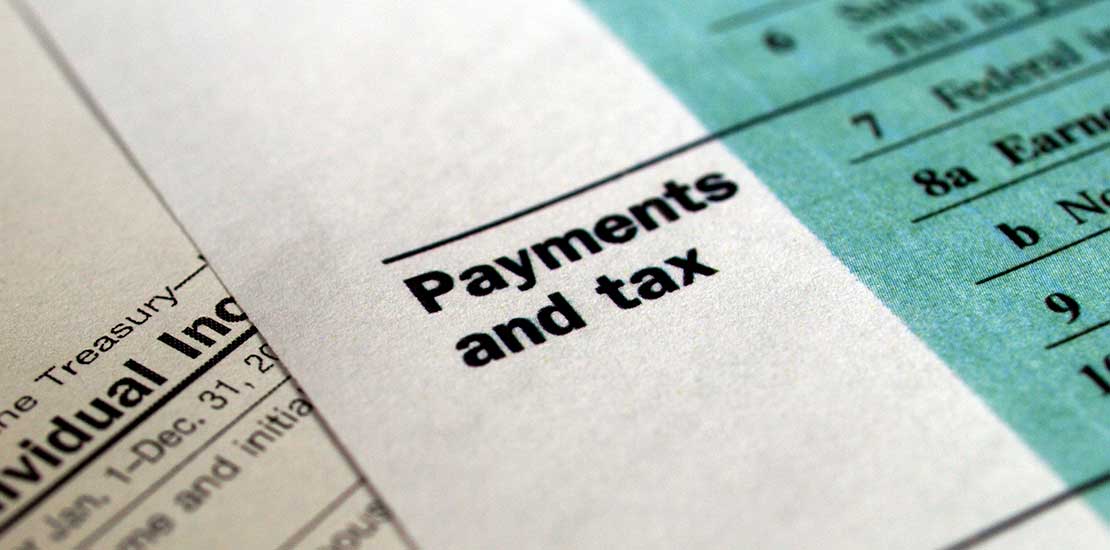
Beware of the Telephone Scams posing as IRS Agents in Nashville
With recent fraudulent calls being made to taxpayers in Nashville, an experienced Nashville CPA can educate their clients on how the IRS communicates with them so they can recognize a scam, when they see it.
INITIAL CONTACT
Based on my experience, the initial contact from, IRS is normally by letter or written notice delivered by the U.S. Postal Service to a taxpayer listed on the last return filed. However, depending on the circumstances, IRS employees may first call or visit with a taxpayer in case of delinquent returns ( In some cases, the IRS will send a letter or written notice to a taxpayer in advance, but not always )
TELEPHONE CONTACT
After mailing a notice, an IRS revenue agent or tax compliance officer, may call a taxpayer or the listed tax professional on the last return to confirm, an appointment or to discuss items for a scheduled examination if its needed or past due tax liabilities to be satisfied. IRS revenue officers and agents
routinely make unannounced visits to a taxpayer’s home or place of business to discuss taxes owed, delinquent tax returns or a business falling behind on payroll tax deposits.
INTERNAL REVENUE SERVICE AGENT VISIT
When visited by someone from the IRS, taxpayers can always ask for credentials. IRS representatives should provide two (2) forms of official credentials: a pocket commission and a
Personal Identity Verification Credential.
INTERNAL REVENUE SERVICE CONTACT via email/text
The IRS doesn’t normally (almost never) initiates contact with taxpayers by email. Taxpayers should not reply to an email from someone who claims to be from the IRS because the IRS email address could be spoofed, or fake Emails from IRS employees will end in IRS.gov. IRS agents do not send text messages or contact people through social media. Fraudsters will
impersonate legitimate government agents and agencies on social media and try to initiate contact with taxpayers.
PRIVATE DEBT COLLECTION AGENCIES CONTACT
Private debt collectors can call taxpayers for the collection of certain outstanding inactive tax liabilities, but only after the taxpayer and their representative have received written notice. Private debt collection agencies should not be confused with debt relief firms who will call, send lien notices via U.S. mail or email taxpayers with debe relief offers. The best remedy to avoid Internal Revenue Service Agents call is for the taxpayers to contact the IRS regarding filing back taxes properly.
For more information, visit www.irs.gov/newsroom/taxpayers-can-protect-themselves-from-scammers-by-knowing-how-the-irs-communicates.
